The NY Times has filed a lawsuit against OpenAI for using millions of articles without permission to train ChatGPT, an AI model.
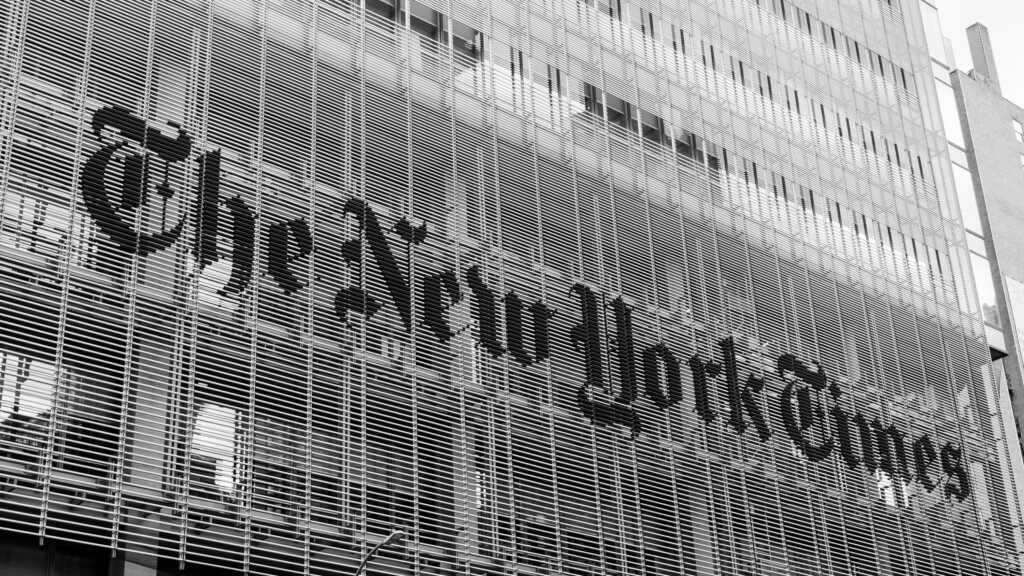
The US news organisation claims millions of its articles were used without permission to train ChatGPT.
The New York Times is taking legal action against OpenAI, alleging that the company violated its copyright during the training of the ChatGPT system.
The BBC has reached out to OpenAI and Microsoft for their response to a lawsuit that alleges unauthorized use of “millions” of New York Times articles by ChatGPT to enhance its intelligence. The lawsuit contends that ChatGPT sometimes generates verbatim excerpts from New York Times articles when asked about current events, content that is typically behind a subscription paywall. Consequently, users can access New York Times content without subscribing, leading to potential revenue loss for the newspaper from both subscriptions and advertising clicks on its website.
Additionally, the lawsuit highlights instances where Bing search results, powered by ChatGPT, reportedly display information sourced from a New York Times-owned site without providing proper attribution or referral links, potentially impacting the income generated through referrals.
Microsoft’s investment in OpenAI surpasses $10 billion (£7.8 billion). In a lawsuit filed in a Manhattan federal court on Wednesday, it was disclosed that the New York Times had attempted to reach an agreement with Microsoft and OpenAI in April to resolve a copyright issue but was unsuccessful.
A month following a turbulent period at OpenAI where co-founder and CEO Sam Altman experienced a temporary dismissal and subsequent rehiring, the company finds itself embroiled in multiple legal battles. Altman’s sudden removal had shocked the industry, prompting internal strife with staff threatening mass resignations unless he was reinstated.
In addition to these internal challenges, OpenAI is now contending with several lawsuits filed in 2023. Notably, a group of US authors, including George RR Martin and John Grisham, initiated a copyright infringement case in September. Prior to this, comedian Sarah Silverman filed legal action in July. Meanwhile, authors Margaret Atwood and Philip Pullman co-signed an open letter during the same month, advocating for compensation from AI companies using their work.
Further complicating matters, OpenAI faces a lawsuit alongside Microsoft and GitHub from a group of computing experts. They allege that their code was utilized without permission to train an AI known as Copilot. Moreover, developers of generative AI, which crafts media based on text prompts, have encountered legal challenges. Artists sued Stability AI and Midjourney in January, asserting that these text-to-image generators rely on copyrighted artwork for their functionality.
As of now, none of these legal disputes have reached resolution.
Source: BBC News
Disclaimer:
This content is AI-generated using IFTTT AI Content Creator. While we strive for accuracy, it’s a tool for rapid updates. We’re committed to filtering information, not reproducing or endorsing misinformation. – Jomotoday for more information visit privacy policy

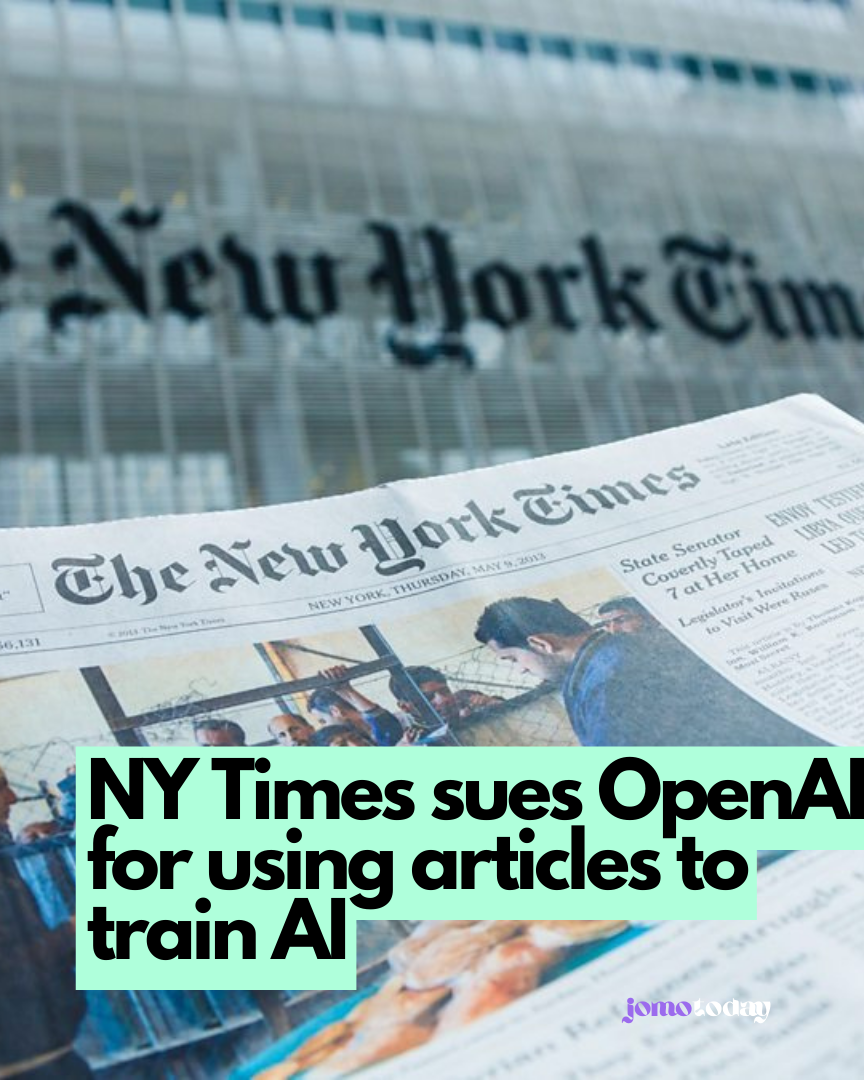
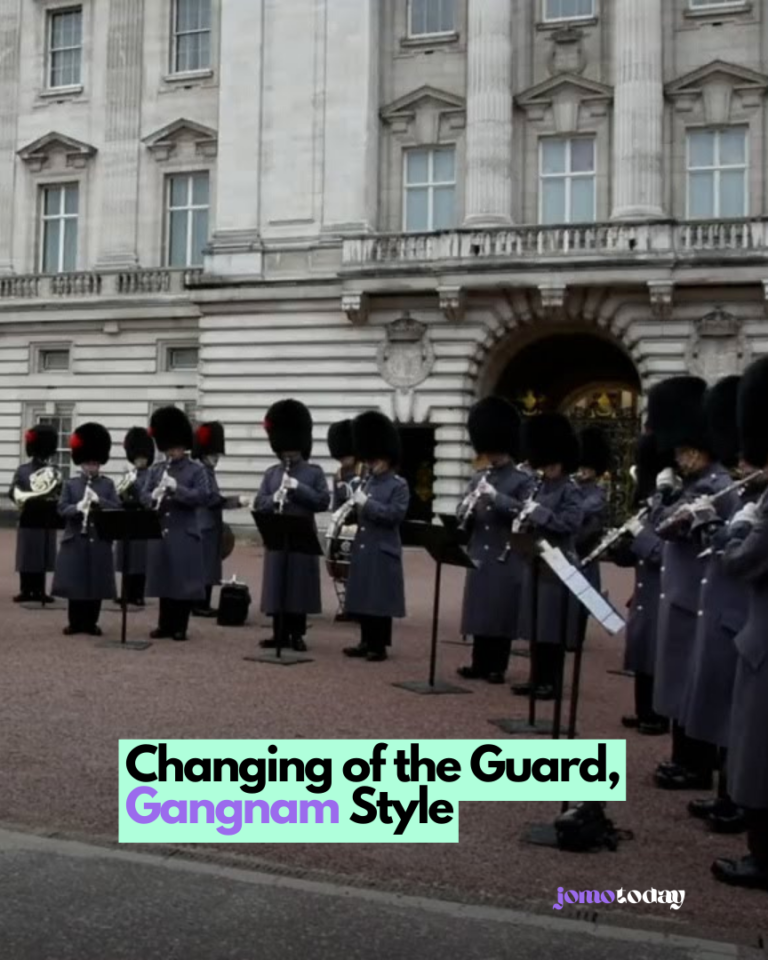
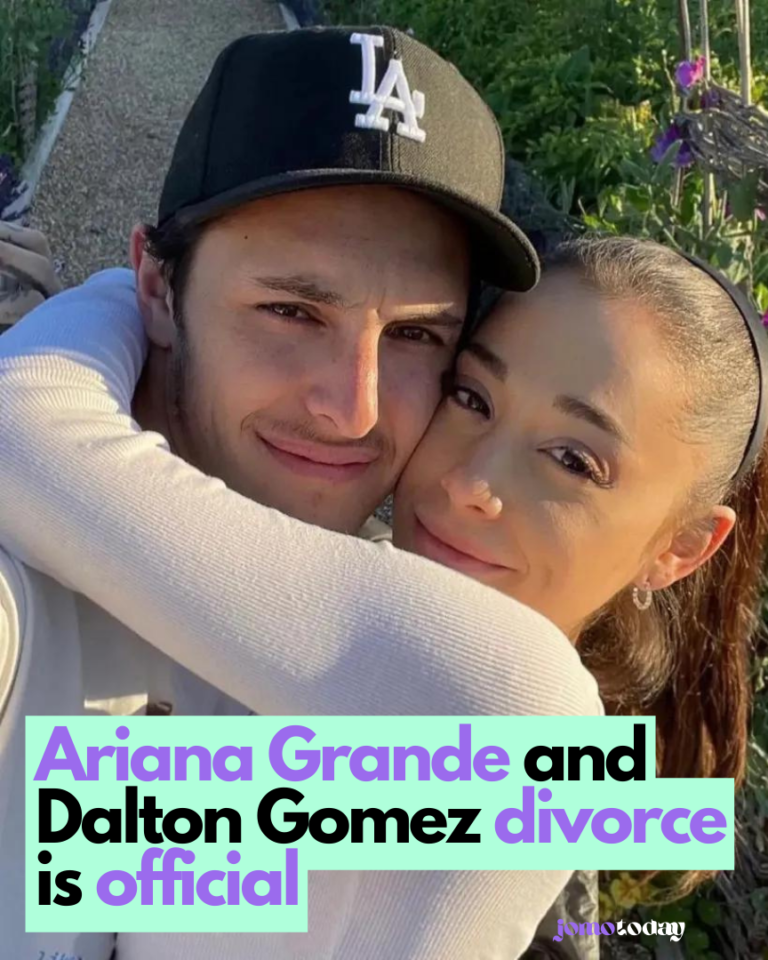
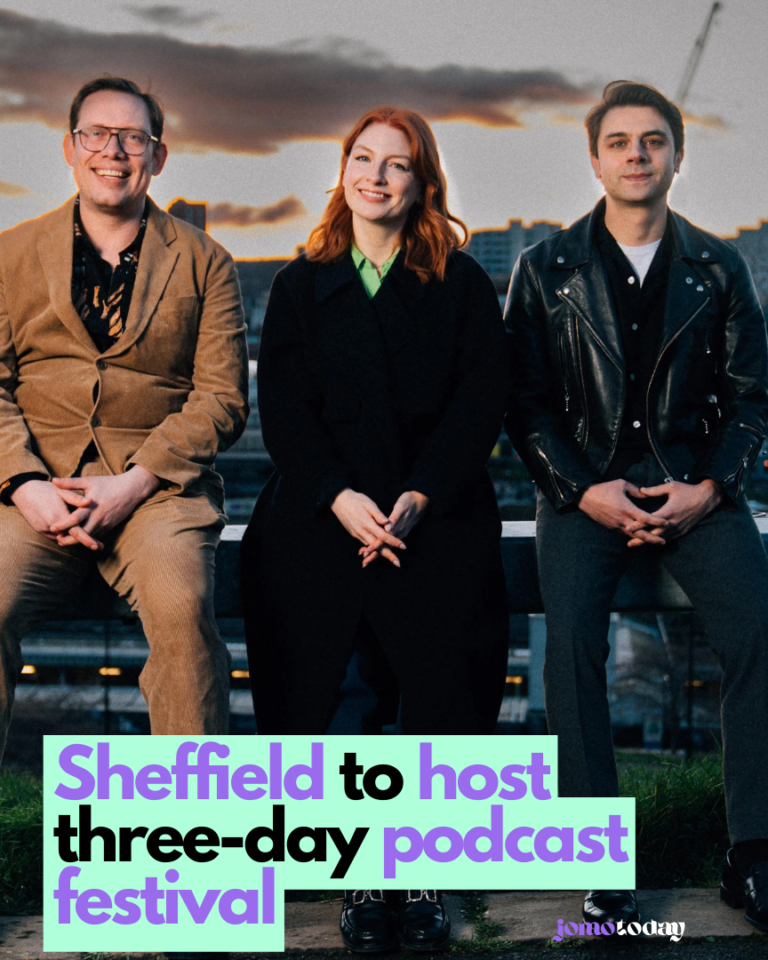

Leave a Comment